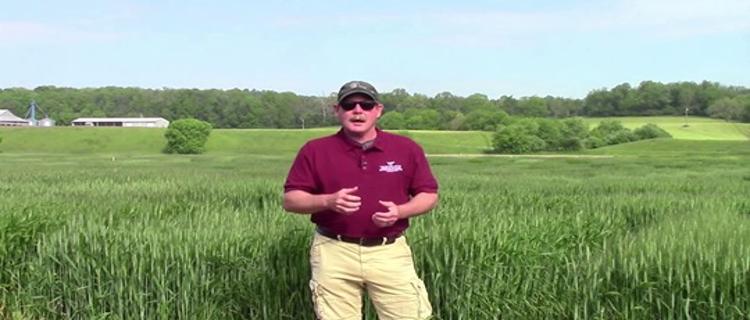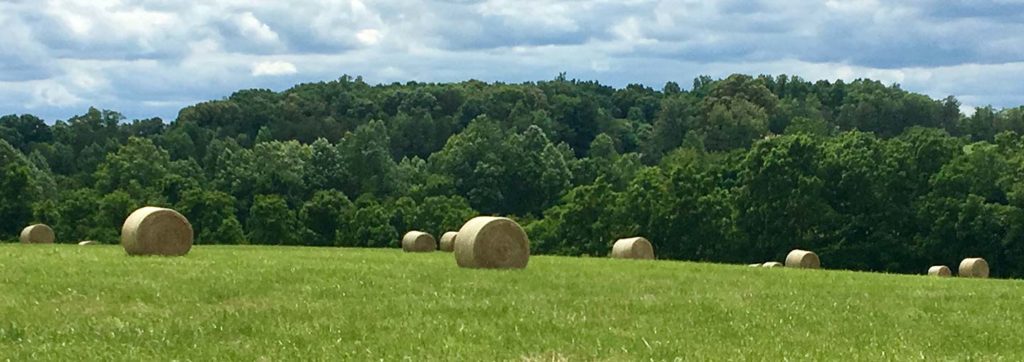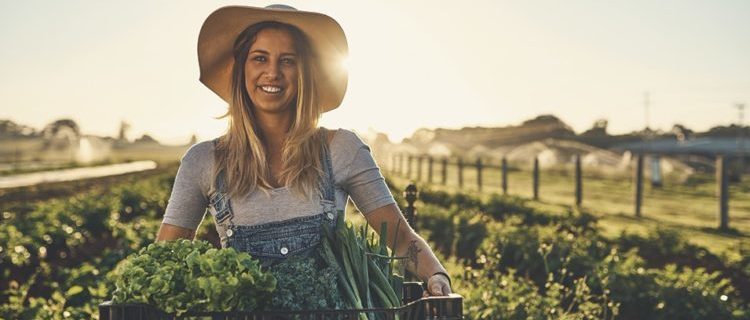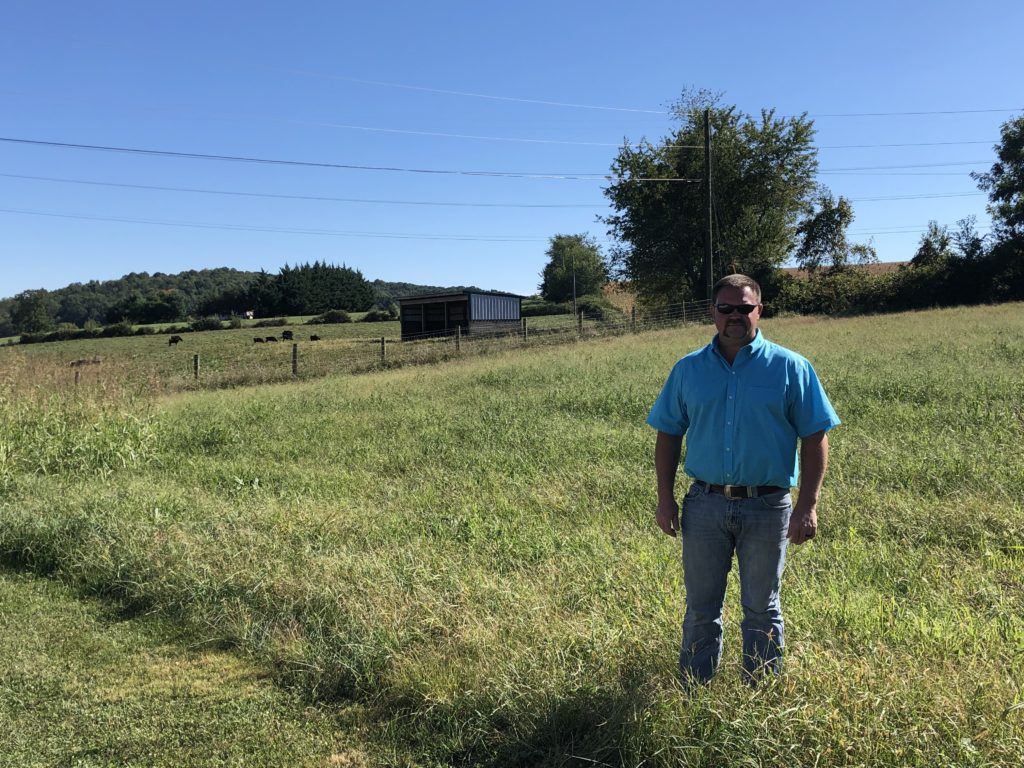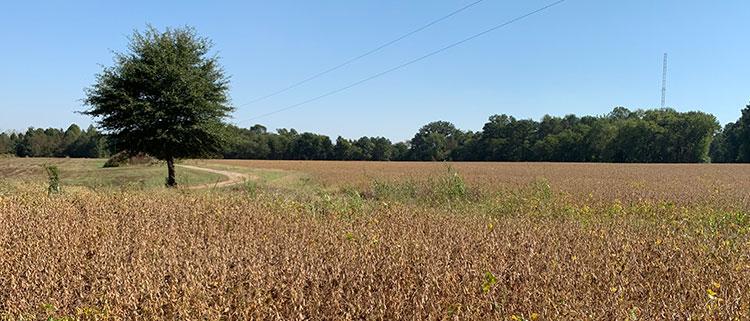Interview with Dr. Wade Thomason: Biosolids: Productive and Beneficial
The recycling and land application of biosolids on family farms is a productive and beneficial reuse of by-product of an essential public service. Just ask Dr. Wade Thomason, Professor, Grain Crops Extension Specialist, with Virginia Tech, who for years has researched the use of organic nutrient sources to improve crop nutrition while maintaining the principles […]
